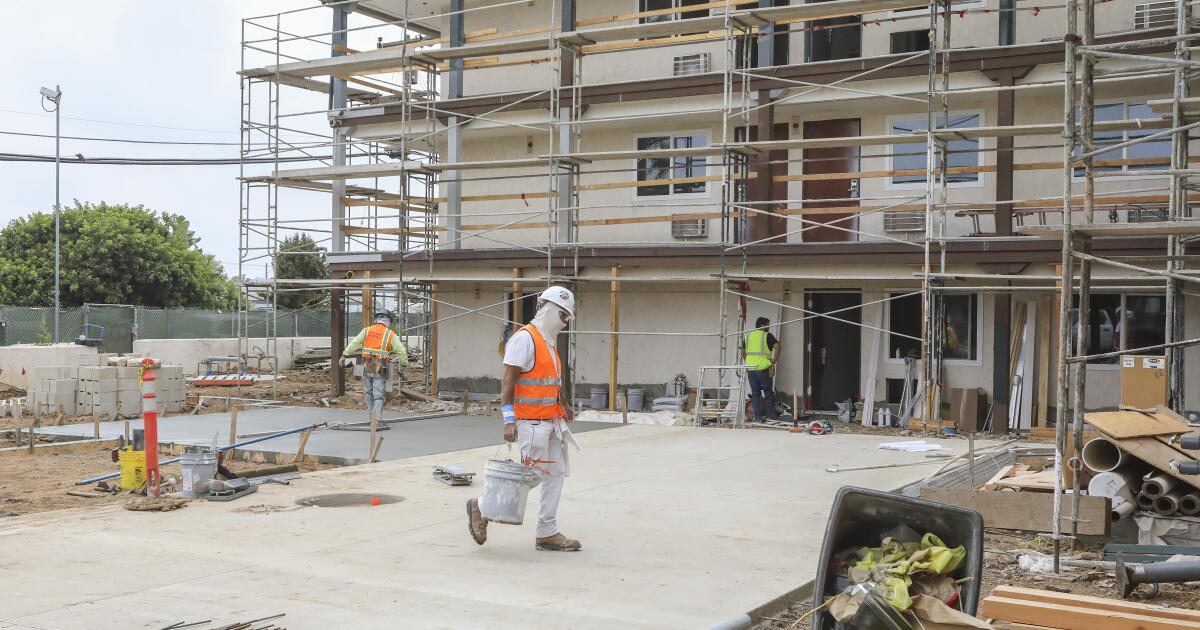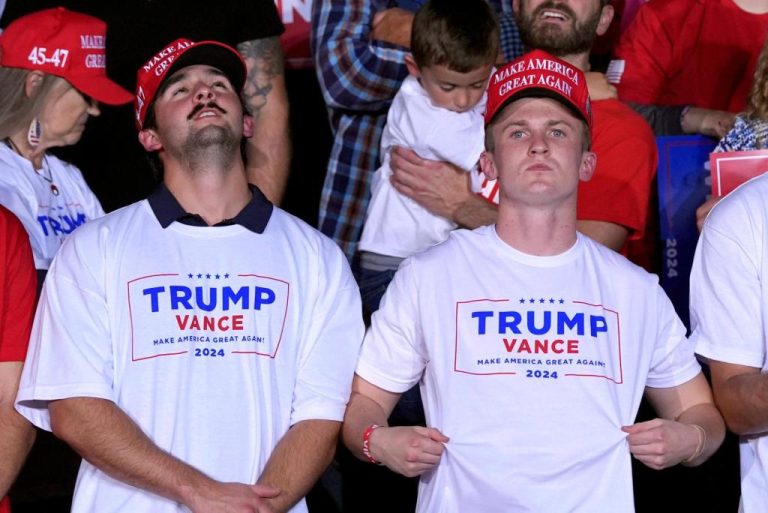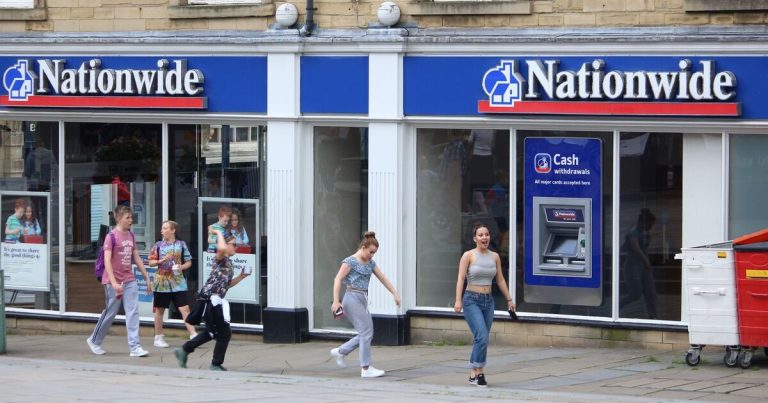

San Diego took a significant step Thursday toward preventing the city’s 22,000 apartments with government rent restrictions from getting torn down to make way for other projects.
A key City Council committee endorsed a proposed law that would force the owners of such apartment buildings to notify the city, tenant groups and developers of low-income housing if they decide to sell.
The goal is possibly preventing a sale to someone planning to tear down the rent-restricted apartments and replace them with market-rate housing when the restrictions expire in coming years.
San Diego would be the first local city to approve such a law.
City officials say preserving the low-income housing San Diego already has is just as important to solving the local housing crisis as incentives and legislation that aim to get more housing built.
“If we are losing existing affordable housing units at the same time we are adding affordable housing, then we are spinning our wheels,” Councilmember Stephen Whitburn said before the Land Use and Housing Committee unanimously endorsed the proposed law Thursday.
Modeled on similar legislation in San Francisco and Berkeley, the law would also limit any sales by giving both a right of first offer and a right of first refusal to groups the city deems qualified to keep the apartments rent-restricted in perpetuity.
Councilmember Vivian Moreno stressed that 6,657 apartments and other housing units have rent restrictions that are scheduled to expire by 2033, contending that makes a city preservation law urgent.
“Having a framework like this in place is an absolutely essential tool to ensure we continue to preserve existing units,” Moreno said.
Some critics said it’s taken too long for the city to move forward with this proposed law, which the council first discussed in the fall of 2020 after a comprehensive survey alerted them to just how much rent-restricted housing is vulnerable.
That survey found that the city had 22,000 subsidized units with rent restrictions and another 48,000 units that aren’t subsidized but have low rents because they are old or in unappealing areas.
City officials call those units “naturally occurring” affordable housing, or NOAH. That type of housing is defined as having rents deemed affordable to families or individuals making less than 60 percent of the area median income.
Critics on Thursday said the new San Diego law should apply to the owners of NOAH apartment buildings in addition to the government-subsidized units. They noted that subsidized units make up only 14 percent of the city’s overall homes.
City officials said legislation that aims to preserve NOAH apartments would come later, contending that such laws are complex and take time to craft.
To help craft the law discussed Thursday, city officials held 10 joint meetings with housing developers and other groups focused on housing between July and October.
“Unfortunately this is the pace of government,” Councilmember Joe LaCava said. “We’ve got to make sure we do it right.”
LaCava praised the new proposed legislation as a watershed moment for the city on housing preservation.
“This is an important pivot,” he said. “This is an extraordinary change to how we’re looking at the world.”
The region’s largest labor organization praised the proposed new law, but stressed that the city’s previous attention to this issue was lacking.
“It’s insane that for years the city wasn’t keeping track of the units when their covenants expired,” said Satomi Rash-Zeigler, managing director of the San Diego-Imperial Counties Labor Council.
Many supporters said they wished the city would be more aggressive on housing preservation.
“It could go further, but it’s a wonderful place to start,” said AJ Estrada, political director for the San Diego Building & Construction Trades Council.
City officials have been slow to follow through on a housing preservation action plan the council adopted in the fall of 2020.
But council members said the new law is a key part of that plan. They’ve also requested Mayor Todd Gloria include $3.3 million in next year’s budget to create a housing preservation fund.
That fund, which would rise to over $6 million with state matching funds, would help pay for preservation efforts, such as the acquisition and rehabilitation of vulnerable or rent-restricted properties.
Some critics said the proposed law isn’t tough enough, noting that it doesn’t apply to apartment complexes smaller than five units and that it gives landlords opportunities to exempt themselves.
City officials said the exemptions will be carefully crafted to prevent abuse.
Stephen Russell, executive director of the San Diego Housing Federation, said he thinks the law is fair and balanced.
“It protects the available stock of affordable housing while recognizing the rights of property owners as well,” he said.
The city’s law would go beyond the California Preservation Notice Law, state legislation that requires the owners of rent-restricted units to notify local agencies when the time left on the rent restrictions shrinks to three years.
The state law does not require any notifications when a property is put up for sale.






